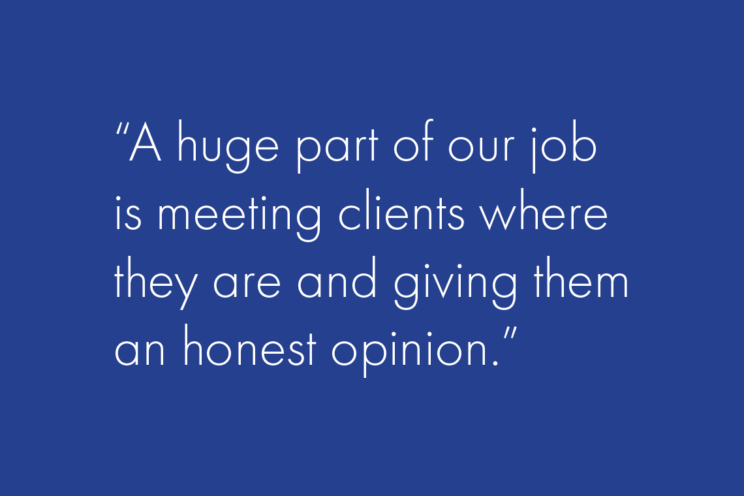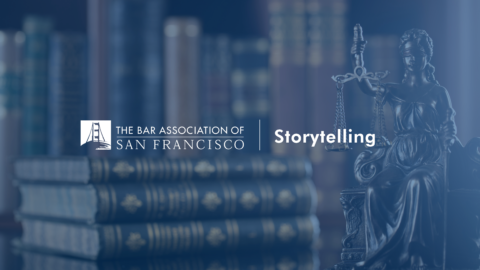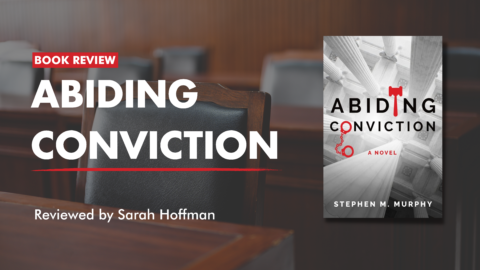Lawyers often measure success by whether their client was made whole or how much money was at stake. But that kind of assessment oversimplifies the legal work being done by the Federal Pro Bono Project, a project of the Bar Association of San Francisco’s Justice and Diversity Center.
Sometimes, a favorable outcome means that an unrepresented litigant walks away from the courthouse understanding why they don’t have a case and where to find help for their problem instead.
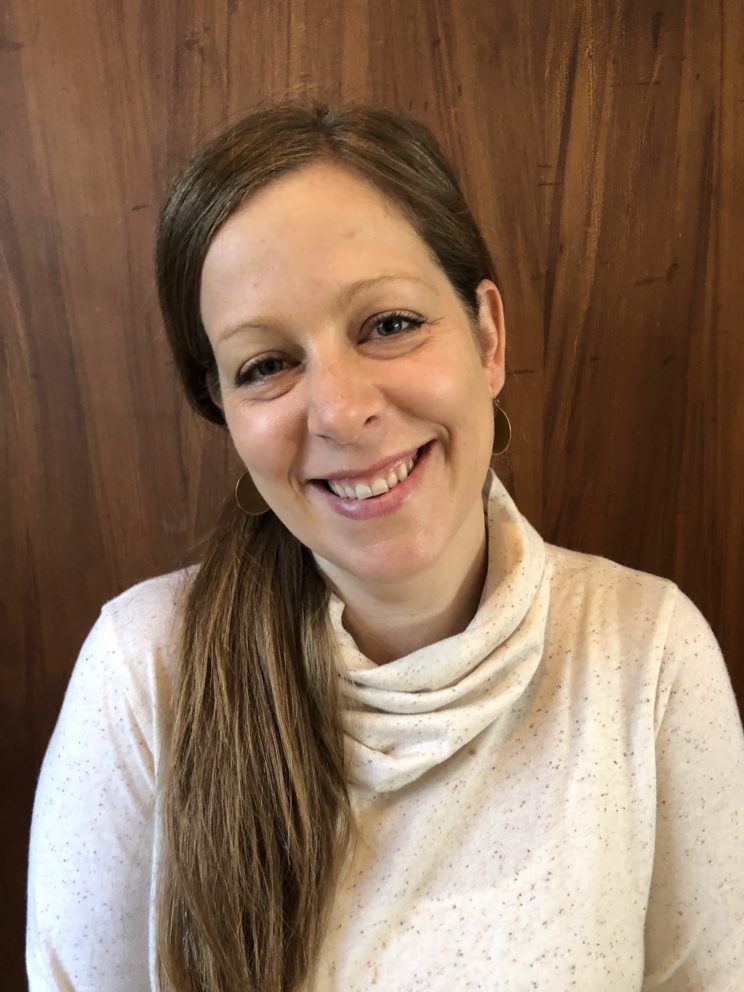
“A huge part of our job is meeting clients where they are and giving them an honest opinion,” said staff attorney Abby Herzberg. “That doesn’t mean an injustice didn’t occur. It’s just that our legal system doesn’t have a remedy.”
For those unrepresented litigants who do have valid civil cases, Herzberg in Oakland and supervising attorney RoseMarie Maliekel in San Francisco assist them in developing a narrative that allows them to represent themselves in court. In some cases, the project is able to find pro bono counsel for them to appear at a settlement conference or take a case to trial. To be referred for placement with a pro bono attorney, the court must issue an order asking the project to identify counsel. A litigant must be unable to afford private counsel and have a case that warrants pro bono legal representation.
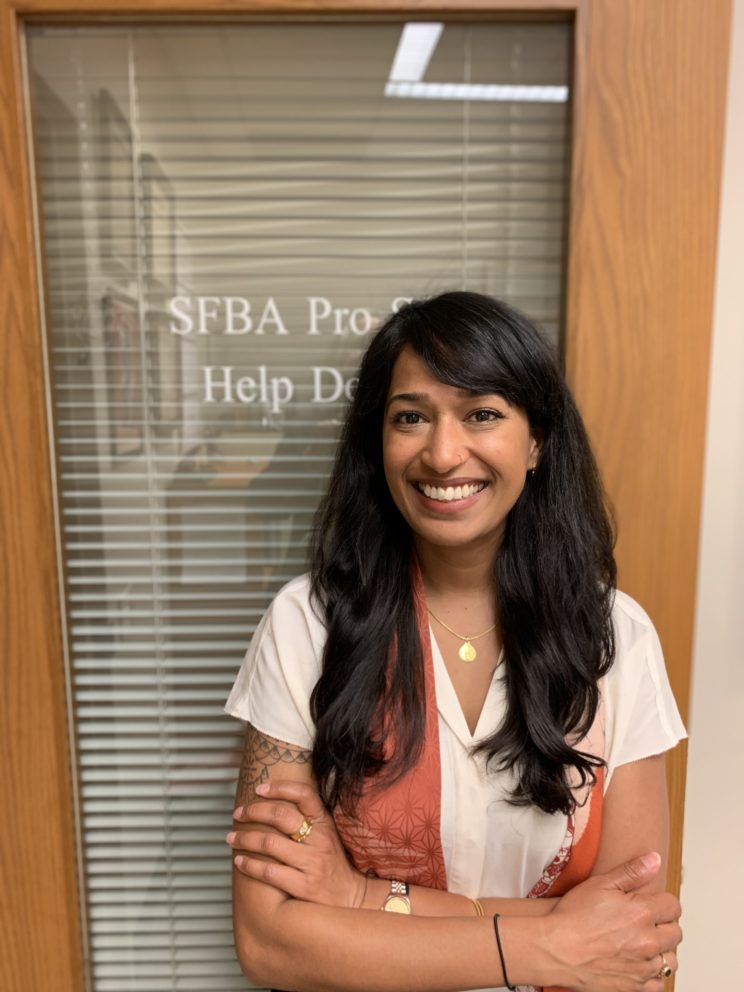
The civil cases the project assists with often involve federal civil rights violations, such as police misconduct under Section 1983 and employment discrimination claims under Title VII of the Civil Rights Act of 1964.
Herzberg, with a background in legal aid, and Maliekel, a former federal public defender, both joined the project within the last two years. Since then, they have developed written protocols to make sure every person gets access to the kind of help they need. They have also created templates for completing common court filings and make sure the longstanding pro se handbook for navigating the court system remains up-to-date.
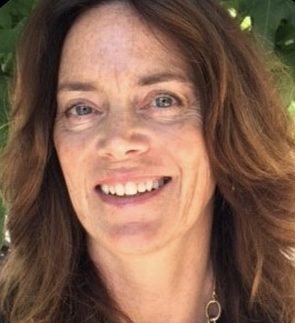
Deborah Leon, a lawyer who joined the program as a legal project coordinator in February, handles the preliminary screening of emails and phone calls and accesses online court information for litigants.
“We really feel strongly about our mission and that we are doing a service for the courts as well as for our clients,” Leon said.
The pandemic has brought additional challenges to self-represented litigants, many of whom don’t have easy access to technology for remote proceedings. In addition, the project can’t accommodate walk-in or in-person appointments right now. Appointments are by phone.
“It’s bringing to the forefront a lot of access to justice issues the judges and maybe pro bono counsel were not aware of before,” Herzberg said.
Maliekel described one client who is pursuing a case alleging he was unlawfully stripped of his Section 8 housing assistance voucher. The project obtained pro bono counsel for the client and helped him get a phone, install Zoom and find a quiet place for him to appear at a remote court proceeding.
The project saw a drop-off in cases during shelter-in-place but the number of litigants seeking help is now back to pre-pandemic levels and Maliekel expects to see an uptick in filings to meet pent-up demand.
Maliekel said one positive note for 2020 is that more lawyers have stepped forward to take on pro bono cases as a result of the racial justice movement.
The project has also established relationships with a number of top law firms in the San Francisco Bay Area that are ready to receive referrals. Participating law firms often assemble pro bono teams that provide opportunities for young and diverse attorneys to appear in court, furthering another goal of the JDC to promote diversity and inclusion in the legal profession, Maliekel said.
Although it can be difficult to see so many clients struggling with mental health or other challenges that make it difficult for them to pursue their cases, the work is ultimately rewarding, the team said.
That’s especially true when a client achieves success in court. One of their clients, Timothy James, recently shared his journey at the 16th Annual JDC Gala in September. His speech is printed on page 32.
James first sought the project’s assistance in 2017, after he lost his job as a special education teacher and lost his apartment. Despite couch surfing with family and friends, he persisted in pursuing claims to ensure that the public school he worked for ensured the safety of students and teachers in the special education department.
His complaint was dismissed three times before a judge ruled that his lawsuit could move forward. At that point, Herzberg knew James was a perfect candidate for pro bono counsel, having shown that he had a case and the ability to see it through. She arranged for pro bono counsel from Winston & Strawn who helped him take it from there and receive a favorable outcome.
Of course, most of the clients are not as victorious. But that doesn’t sway the team. When things seem grim, Maliekel, Herzberg and Leon said they created a safe space within the team that allows them to show vulnerability and express their individual challenges.
“We try to keep cultural humility on the agenda and be aware of what we’re bringing into the client meetings,” Maliekel said.
About the Author:
Laura Ernde is a San Francisco-based writer and communications consultant. She has covered legal affairs for more than a decade, as a journalist and former editor of the California Bar Journal.


